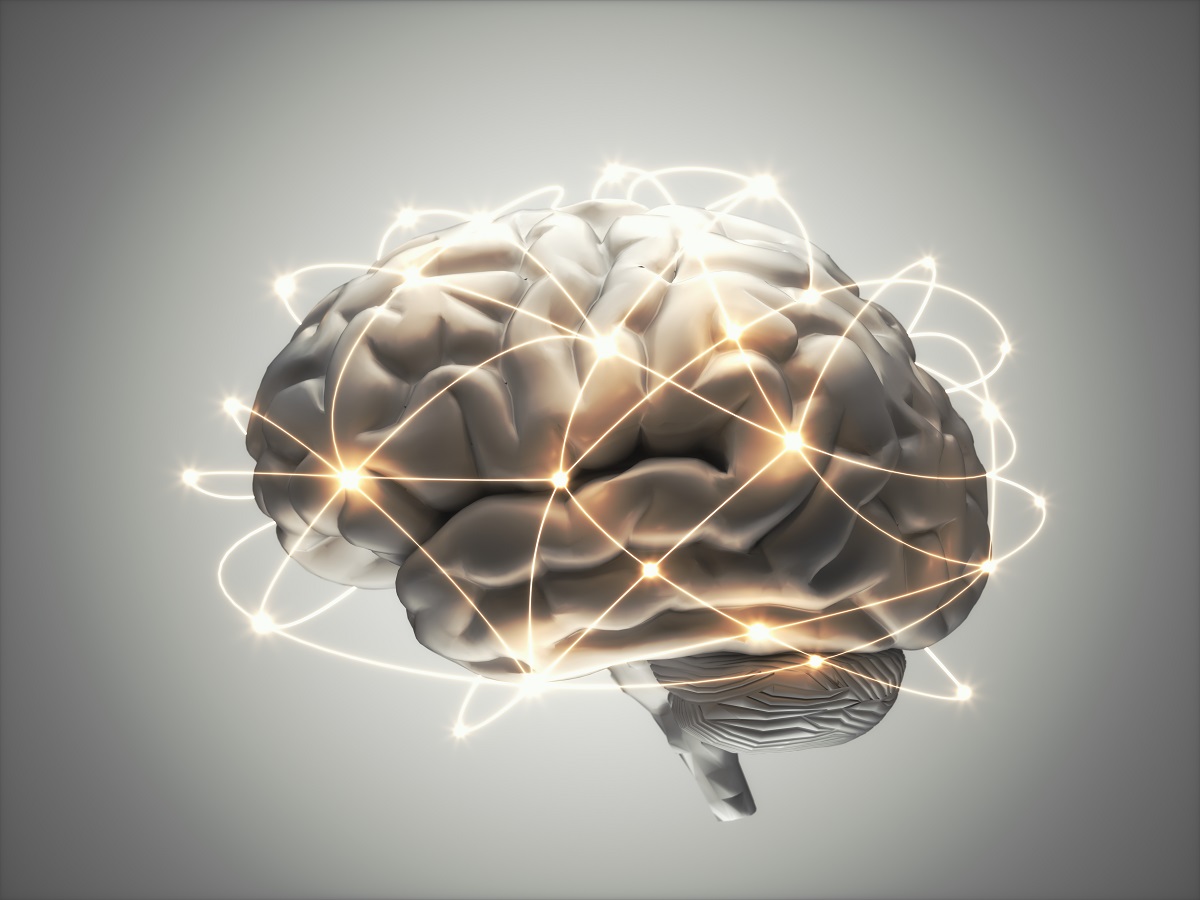What do you think of this article?
By Dr. David Woo - Published on March 30, 2023
Last updated on January 6, 2025

Treatment for depression takes several forms, with no one-size-fits-all solution. Many people with depression struggle to find relief from medications such as SSRIs, which may also come with uncomfortable side effects. However, there is an alternative: transcranial magnetic stimulation (TMS) is a non-pharmacological, non-invasive treatment that uses magnetic pulses to treat the electro-chemical activity in the brain that underlies the symptoms of depression (1). TMS has been shown to be safe and effective even in cases where the depression was resistant to medication. (2)
Different Kinds of TMS
Transcranial magnetic stimulation is applied to the scalp via a device with electromagnetic coils. These emit pulses that target areas of the brain associated with depression, such as the prefrontal cortex, amygdala, and the hippocampus. In order to be effective, the coils must be designed in such a way that the pulses reach the target brain region. This is where the difference between traditional and deep TMS comes into play.
Traditional TMS
The traditional TMS device, as produced by Neurostar and other manufacturers, uses a “figure-8” coil design. This model has been in use since and has been documented to achieve a depth of 0.27” (0.7 cm) with its pulses. (3)
Deep TMS
Deep TMS devices, on the other hand, are patented by Brainsway, and use a H-coil that is contained inside a padded helmet for maximum comfort. The unique H-coil structure has been proven to cover a wider area and reach deeper into the brain, achieving a 0.25” (3.2 cm) penetration. (3)
These differences of design mean that there is always a risk of error when using traditional TMS, as it may not be precisely aligned with the brain areas you want to target. In contrast, the Brainsway magnetic field is wider and deeper than traditional TMS so there is minimal chance of missing the appropriate areas of the brain related to the patient’s symptoms.
What Is Deep TMS Treatment Good For?
Traditional TMS application is FDA-approved for the treatment of major depressive disorder (MDD).
Deep TMS has received FDA mental health treatment indications for the following:
- Major Depressive Disorder (MDD)
- Obsessive Compulsive Disorder (OCD)
- Short-term smoking cessation
While both traditional and deep TMS have been proven effective when it comes to treating depression, deep TMS has a strong track record of positive results in treating other illnesses in addition to major depressive disorder. An analysis of over 1000 participants undergoing a course of deep TMS treatment for MDD found that around 75% of participants achieved a clinical response, with roughly half of all patients achieving remission. BrainsWay Deep TMS technology has also been clinically validated to treat OCD. (5)
Which TMS Treatment is Right For Me?
The Journal of Psychiatric Research directly compared traditional and deep TMS technologies and concluded that deep TMS combined with medication was significantly more effective at reducing depression levels among patients with Major Depressive Disorder (MDD) compared with either pure medication or medication combined with traditional TMS.
Thus, it is recommended to opt for deep TMS treatment whenever possible. Madison Avenue TMS and Psychiatry Clinic uses BrainsWay Deep TMS technology for all TMS sessions. For more information or to arrange a session, contact us online or call (212) 731-2033.
Resources :
- Transcranial Magnetic Stimulation. Mayo Clinic. Link. Accessed February 16, 2023.
- Can You Overcome Treatment-Resistant Depression? BrainsWay. Link. Accessed February 16, 2023.
- Ginou A, Roth Y, Zangen A. Comparison of superficial TMS and deep TMS for major depression. BrainsWay. Link. Accessed February 16, 2023.
- Filipčić I et al. Efficacy of repetitive transcranial magnetic stimulation using a figure-8-coil or an H1-Coil in treatment of major depressive disorder; A randomized clinical trial. Journal of Psychiatric Research. 2019;114: 113-119. Link. Accessed February 16, 2023.
- What evidence exists for deep TMS effectiveness? Brainsway. Link. Accessed February 16, 2023.
Dr. David Woo is the owner and head clinical psychiatrist at Madison Avenue TMS and Therapy in New York City. Dr. Woo has been seeing patients in private practice since 2002, always with the goals of combining evidence-based medicine with psychodynamic psychotherapy and collaborating with other mental health professionals to ensure the best possible outcomes for his patients. He has been certified to administer TMS at his practice since 2017. His greatest clinical interests include helping patients suffering from depression, anxiety, and obsessive compulsive disorder.
Follow Dr. Woo On









